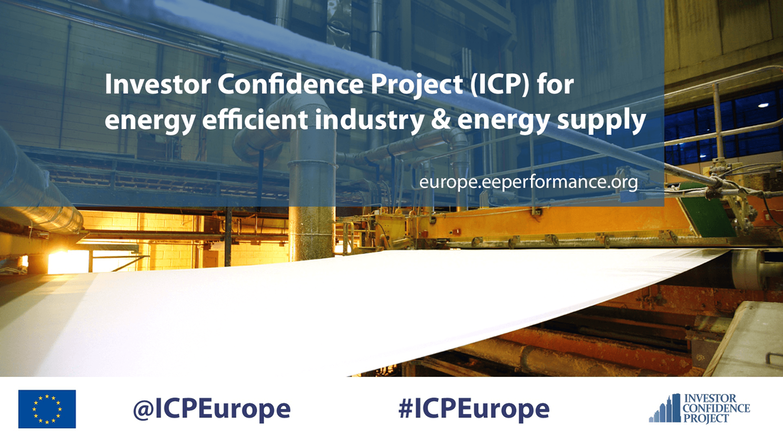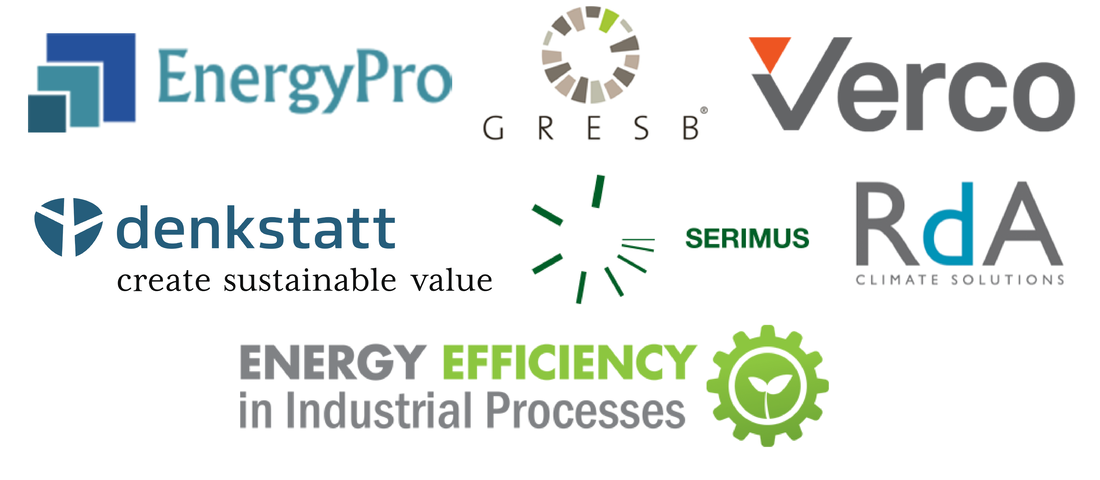
ICP Europe’s definitive new protocols are now complete, and we will soon be announcing the first pilot projects (no spoilers here though!) Now available free to the market, the protocols provide an essential resource for anyone developing or procuring measures to boost energy efficiency in industry. Free training and technical assistance is on offer for ESCOs and technology providers offering solutions to industry.
Industry accounts for about a quarter of the UK’s emissions, so driving energy efficiency into industrial processes is a central part of the government’s Industrial Strategy. And enhancing efficiency delivers a side benefit of better productivity and competitiveness at a time when the UK needs to hang on to its remaining industrial base.
But while the benefits may be obvious and wide-ranging, energy efficiency professionals offering products and solutions to industry know first-hand the barriers that prevent viable efficiency projects from being given the green light. Overall, only 16% of the UK’s investment in energy efficiency ends up in the industrial sector.
In a competitive market, anything that might interfere with a sensitive, highly optimised production process is treated as a risk, leading to a presumption against all but the most compelling efficiency propositions. While for many manufacturers energy is an important and costly input, for a large number of others there are easier ways to increase profits than cutting energy use. And practically speaking, a modern production facility may only have one planned maintenance shutdown per year, severely limiting opportunities for introducing energy efficiency measures.
Energy efficiency companies offering products and services to industrial customers range from single-technology providers - a new widget that promises to take energy waste out of a process - to fully integrated, multi-technology solutions designed by expert process engineers.
ICP Europe’s new Protocols don’t pretend to tackle all the barriers and objections experienced by energy efficiency providers, but they are written with the specific needs of industrial processes in mind. For example, the Protocols offer guidance on how evidence of performance (energy savings) should be collected, and how to put this in terms of the metrics that an industrial client cares about; clear checklists of the documentation that makes up a professionally-developed project are provided; and the Protocol brings together best practice in proposal development from relevant technology standards from around the world.
These tips will be invaluable for energy efficiency companies seeking to put forward a credible, low-risk package to their customer. The Protocols’ guidance on baselining, forecasting savings and building a practical implementation plan are a great resource for innovators seeking to prove the efficacy of new efficiency ideas in industrial environments.
But the Protocols equally apply to more conventional energy efficiency measures such as heat recovery schemes, lagging and insulation or improved controls, and are useful wherever there is uncertainty on the part of the customer or a hiatus in the decision-making process.
The Protocols are specifically designed to boost the confidence of investors, hence the name, and in industrial facilities this means the decision-makers who will evaluate the balance of risk and reward offered by a potential project. In short, basing the project on ICP means that everything possible has been done to ensure the promised savings are delivered in practice, with operational impacts evaluated and mitigated in a planned and controlled way.
What to do next:
- Industrials: Ensure energy efficiency companies working on your site are ICP Project Developers, and get project proposals quality assured via the ICP system.
- ESCOs and technology providers: Become an ICP Project Developer. Start by taking the free online training - register here- and benefit from expert tuition in how to use the Protocols. The Protocol documents themselves can be freely downloaded from the ICP Europe website, so you can start familiarising yourself today.
- Anyone part-way through an industrial energy efficiency scheme: Contact ICP Europe about free technical assistance to help your project reach accreditation.


 RSS Feed
RSS Feed




